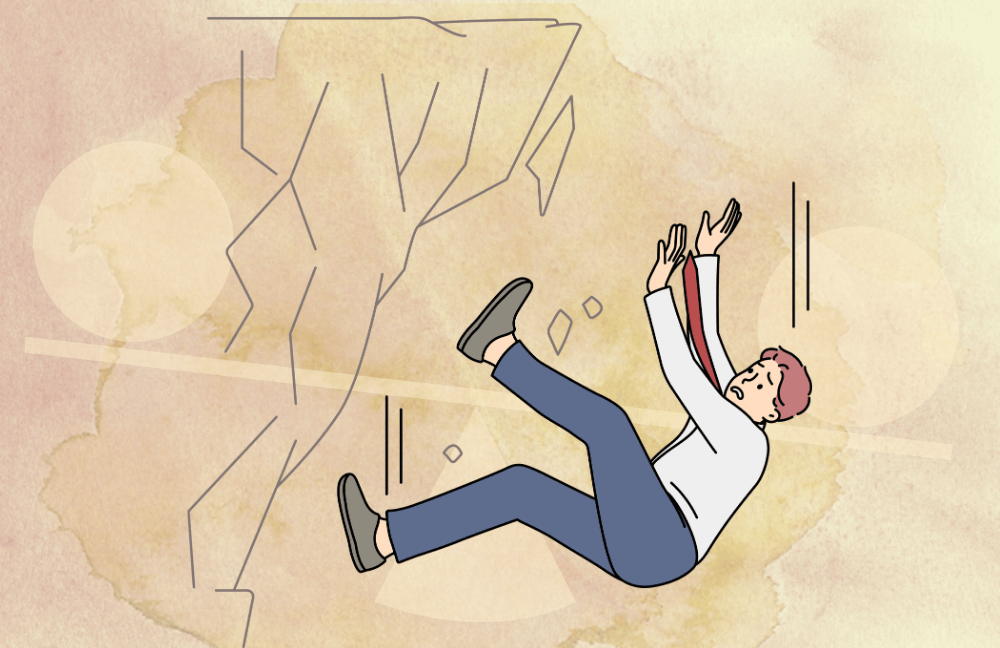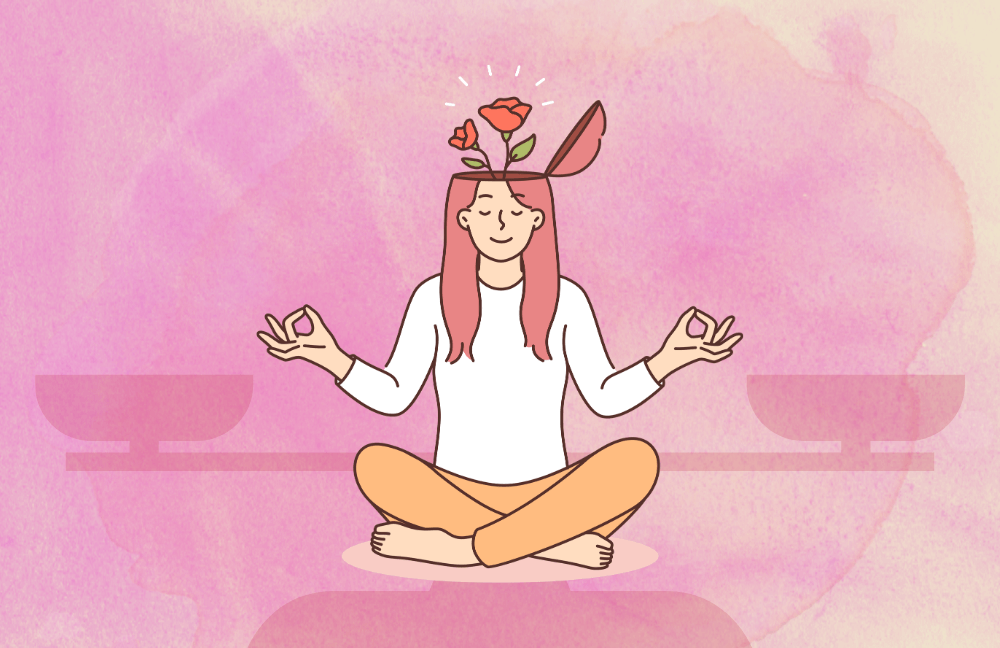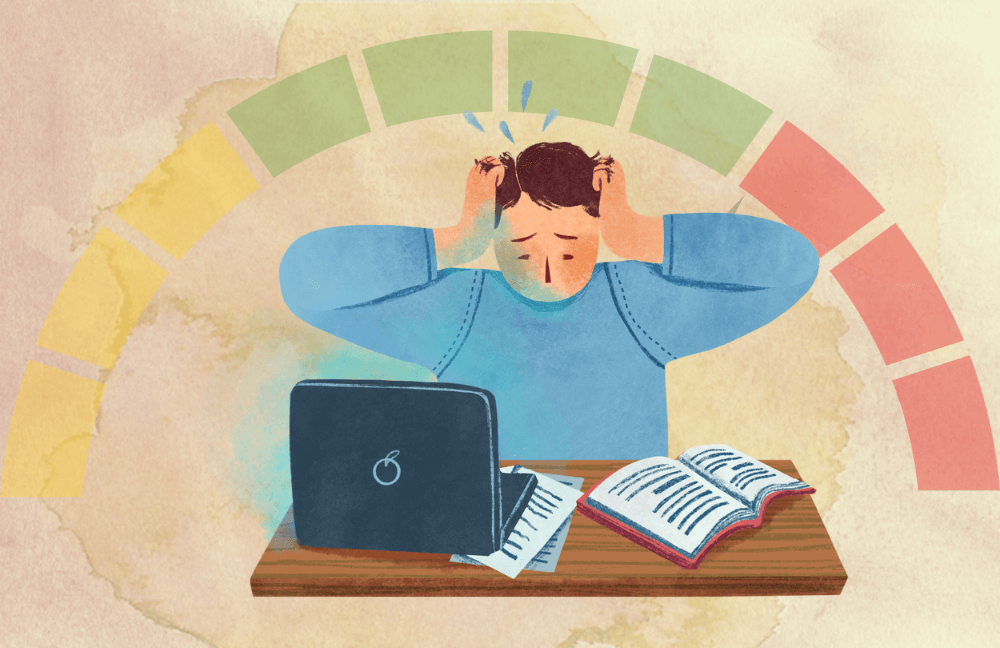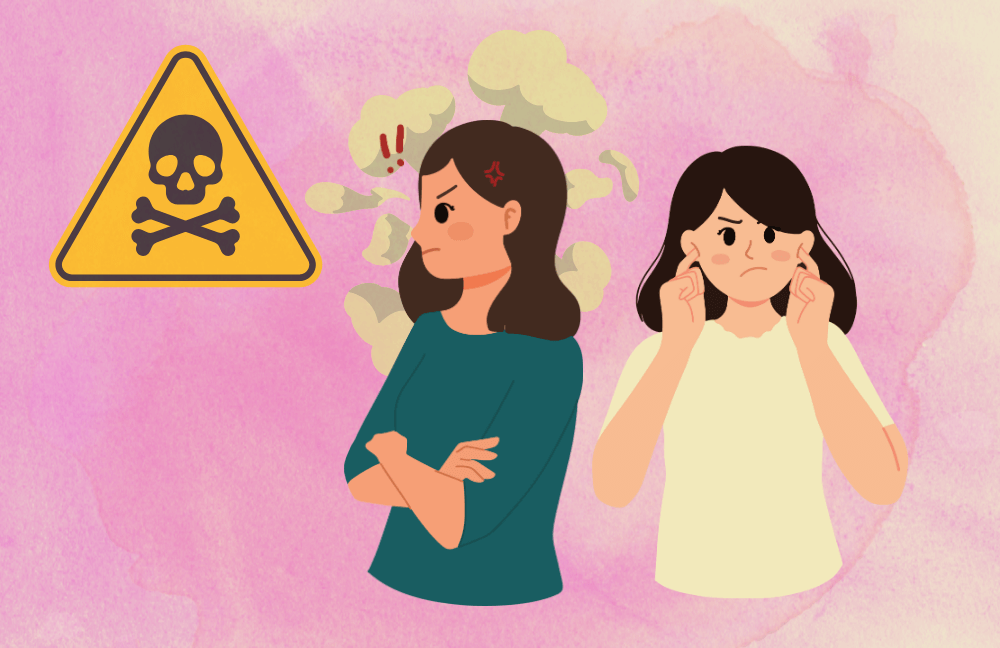
- Home
- About
- Book a Session
- Get Help
Personality
Relationships
Adult
Child
Schools
Corporates
- Do I need help?
- Trending
“Courage doesn’t happen when you have all the answers. It happens when you are ready to face the questions you have been avoiding your whole life.”
- Shannon L. Alder

Your therapist will most likely not want to be sued for malpractice, so he or she will be legally and ethically bound to safeguard your secrets. That does not imply that other people you speak to would willfully expose your vulnerabilities. But the truth is, friends, family and office colleagues are not bound by an ethical or moral contract. Inadvertent disclosure between friends is not unusual. Without any willful intent, your problems could be openly discussed with others; oftentimes with a desire to help, and yet it could backfire and destroy your friendship as well as other relationships.
Plenty of people who are anxious, depressed or stressed, tend to get overwhelmed and open their heart out to every person in their circle. Social support is imperative to recovery from psychological turmoil; but you may not always be in position to make the right judgment call about who you should speak to, when, and how much. That’s is why therapy is a safe zone to speak any and everything troubling that is going on in your mind, and life.
“Think of your head as an unsafe neighborhood; don't go there alone.”
- Augusten Burroughs
When you are stuck in the rut of the problem, you cannot see things objectively. It becomes all about your point of view which can frequently be flawed, because you’re too hurt and pained to visualize the larger picture.
You tend to become myopic and see the immediate effect of your own choices; failing to gauge their negative long-term consequences. I’ve had people ask me if they should go on a dating spree right after they’ve broken up; in order to numb the sadness and feel wanted. My answer has been categorically “no”; not on moral grounds, but simply because people need to heal themselves and feel self-sufficient instead of filling their bottomless pit of insecurity with superfluous undesirable and hollow short-lived affairs after a breakup.
A therapist has no emotional stake in your life condition. No matter which way they sway or whatever suggestions they give; it will be neutral and impartial, and most importantly for your wellness even if it does not appear so. You cannot be detached from yourself; especially more so when you’re deeply entangled in painful emotions. That is exactly the time when logic fails you. Trusting the rationale of a well experienced professional offers sound guidance that comes with years of education and experience. A therapist is fairer on you, than you are on yourself.
“In my early professional years, I was asking the question: How can I treat, or cure, or change this person? Now I would phrase the question in this way: How can I provide a relationship which this person may use for his own personal growth?”
- Carl R. Rogers
My most common (also most rewarding) kind of patients and clients are the ones who come in saying, “I have no idea what is wrong with me, but I just know that something is off and I can do better. Will you be able to help me?”. Together we then unravel their hidden conflicts and stressors; and I suggest solutions that they report are enlightening and rather educational.
Many other people you talk to about your emotions like this would find that challenging. Your friends and family might often tell you, “Hey your life seems perfect. You’ve got a great job, lovely family, you’re more financially sound than most, and we friends are a thick bunch since years. You’re fine and there’s nothing you need help with. Get rid of your whim.”
Since I practice holistic therapy, I like to focus on the “whole” person and not a “piece” of their symptom. Therapists know how to correlate and connect the many different parts of your personality that add up to the whole. If you don’t have the knack at understanding the little contributors to your wellness, you are left in the dark. You tend to believe everything is OK and yet you are not OK. Truth is, all of those “little things” that contribute to “everything” aren’t always obvious. Therapy enlightens you on what is wrong and you are in a better position to then set it right.
“I've realized therapy is incredibly therapeutic.”
- Lisa Schroeder
Therapy is different from advice. It is a structured, active, focused and goal-oriented process of meeting your emotional (or relationship or behavioral) targets. The initial focus of therapy is to become aware of what is troubling you. It is highly possible that you are oblivious to the automatic thoughts and cognitive distortions that keep you “stuck” in a negative vicious cycle and hinder your emotional advancement. A supportive hand from loved ones is reassuring; but you have to dig below the surface level, to reach your core, and then eradicate the problem from its root. Once you’ve been enlightened, it’s time to do something.
Cognitive therapy helps restructure twisted or distorted thinking. Emotive therapies expose primary emotions that are deceitfully masked by secondary cover up ones; so that they can be transformed into positive outlooks. Psychodynamic therapy aims to unveil unconscious conflicts that are contributing to your conscious turmoil. These specialized techniques help meet specific emotional outcomes. And make you feel better about yourself or your life.
Therapy helps you discover your strengths by reminding you of your ability to cope (as you have survived and come this far before you sought therapy). Together, the therapist and you focus on your desired outcomes and preferred future, and then set goals to help you achieve it. When you challenge your beliefs and thoughts, it also influences your self-concept; you begin to expand your faith in yourself, and realize you are more capable than you initially thought.
“There's no weakness as great as false strength.”
- Stefan Molyneux
It’s a bold statement, I know. On one side people who have debilitating psychological and mental health conditions shy from therapy. So, asking someone who feels that their life is “normal” to go for therapy seems remarkably stigmatizing. Here’s an explanation of the connection between therapy, and enhanced physical and psychological health.
Imagine you’re worried about a presentation at work, and you notice that each time at the weekly review, you’re having a sleepless night before, and a day or two worrying about the targets and whether they appear satisfactory or not. This explains that you have mild underlying stress. But it doesn’t seem like a problem worthy of attention.
Or you could be worried about your partner cheating on you and a subtle discomfort always plagues you. Or there might be ongoing financial stressors; possibly your child isn’t performing adequately in school or a parent is chronically unwell. None of these conditions add up to anxiety or depression or relationship turmoil; not yet. And so, you do not feel motivated to seek professional help. You brush it off saying, “Everybody goes through this so I should just deal with it.”
But the question is, “How are you dealing with it?” The persistent and steady tension is mounting. The blood pressure is transiently rising when you’re worked up. The cortisol or stress hormone is surging, but that’s not visible and won’t show up on an annual body scan or blood report either. And yet the damage on the systems in your brain is ongoing and subtle. You could very well benefit from understanding these concepts and working ways to enhance psychological resilience and prevent the stress and the imminent anxiety, depression or even hypertension, diabetes, and cardiac problems. But you don’t know that therapy could help this.
A metanalyses by Harvard researchers revealed that not having negative emotions is not the same as having positive emotions. Just because you are not anxious or depressed, it doesn’t mean that life is perfect.
Your degree of happiness, life satisfaction and optimism contribute to reduced chances of getting cardiovascular diseases regardless of your age, smoking status or body weight. This implies; even if you are obese, hypertensive, diabetic and smoke, you will have less likelihood of having a heart attack if you eliminate negative emotions and add positive emotions to your daily life.
Therapy teaches you how to recalibrate your expectations, improve performance and enhance happiness. Therapy can help you live a longer, happier and more fulfilling life.
Dr Shefali had a feature interview in VERVE Magazine on Demystifying Mental Health Care.





WhatsApp us